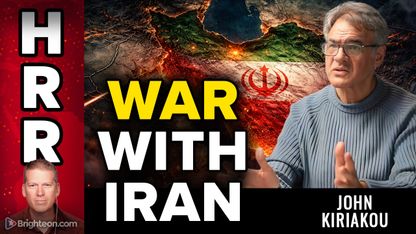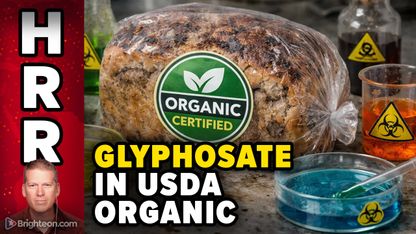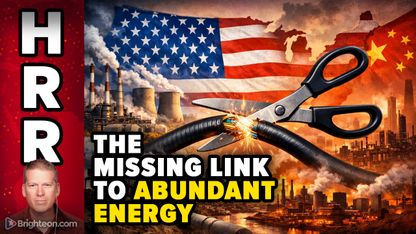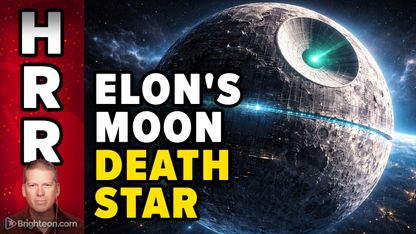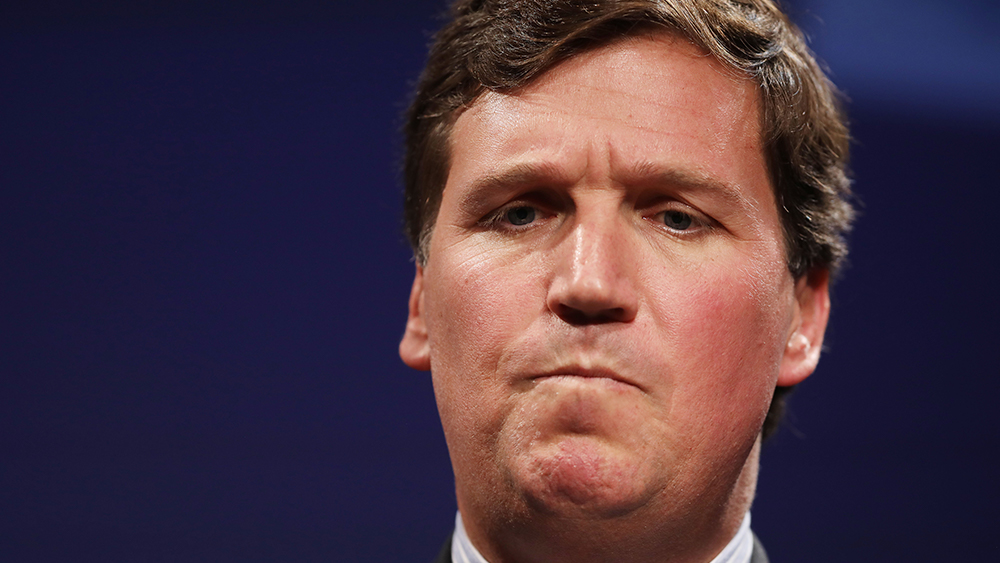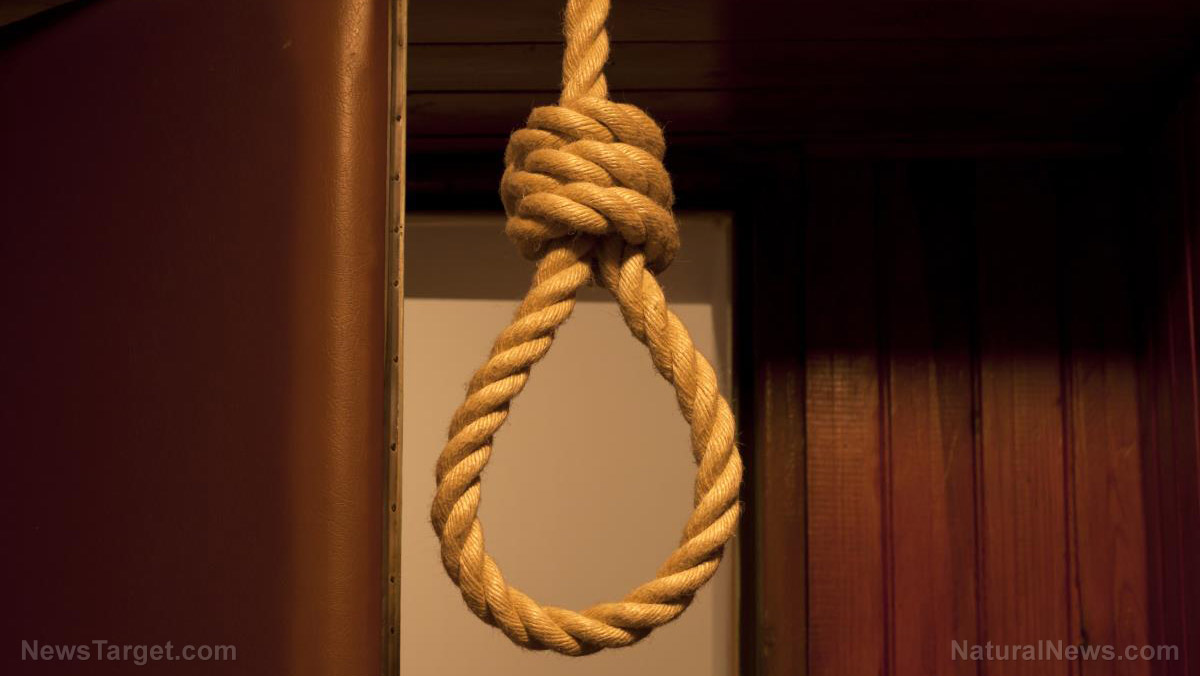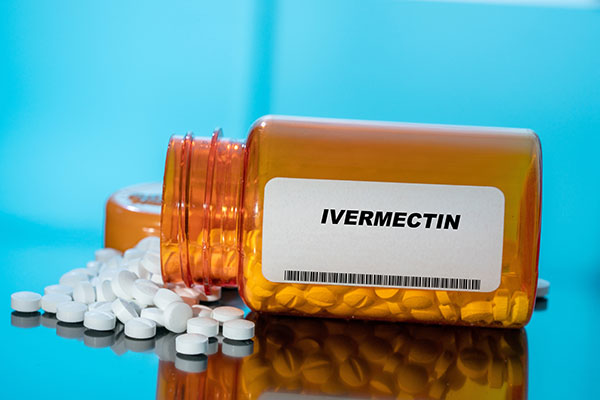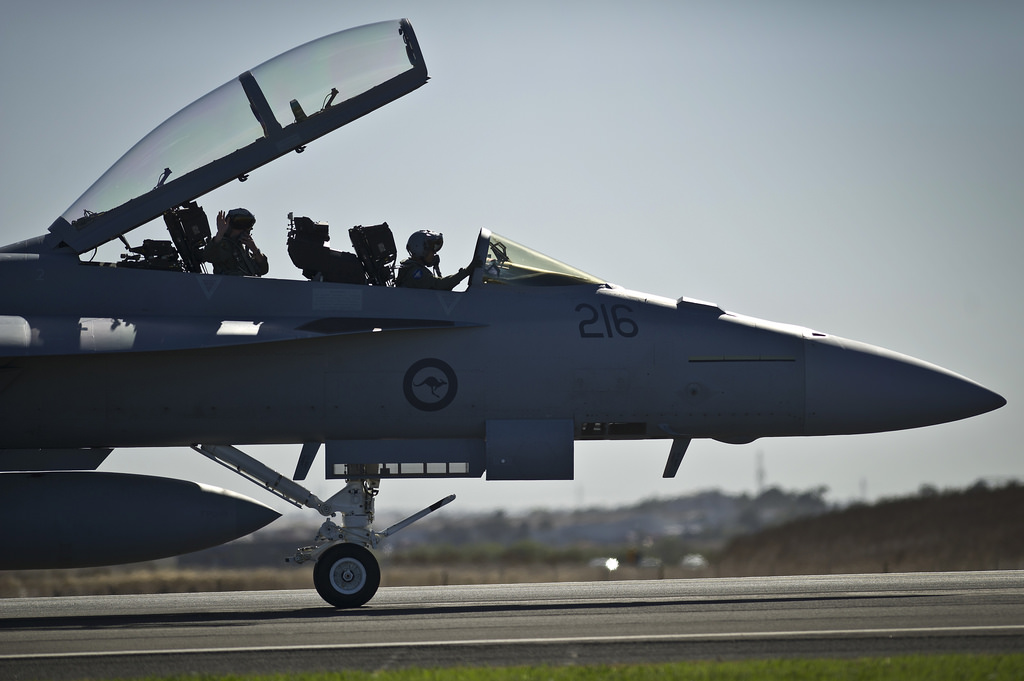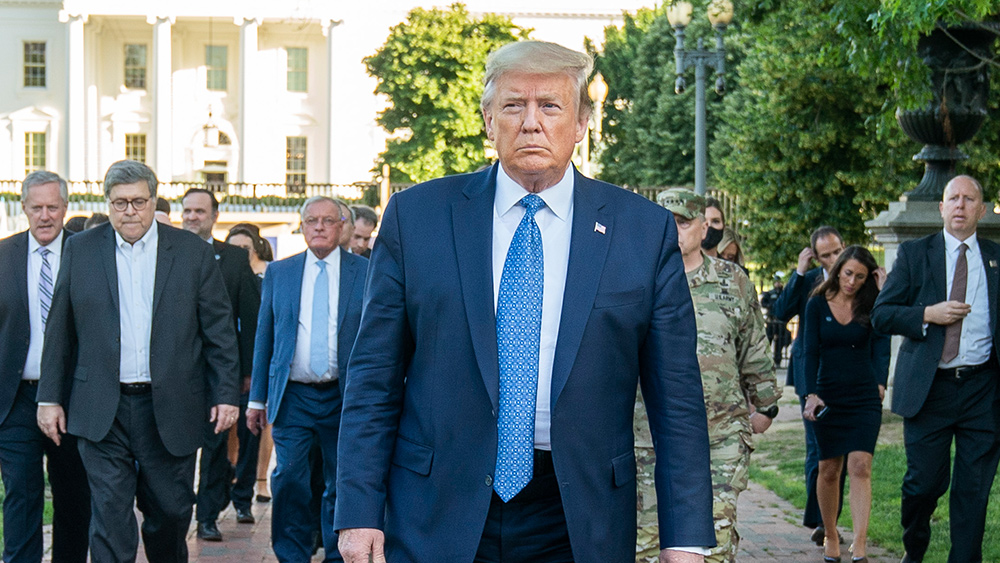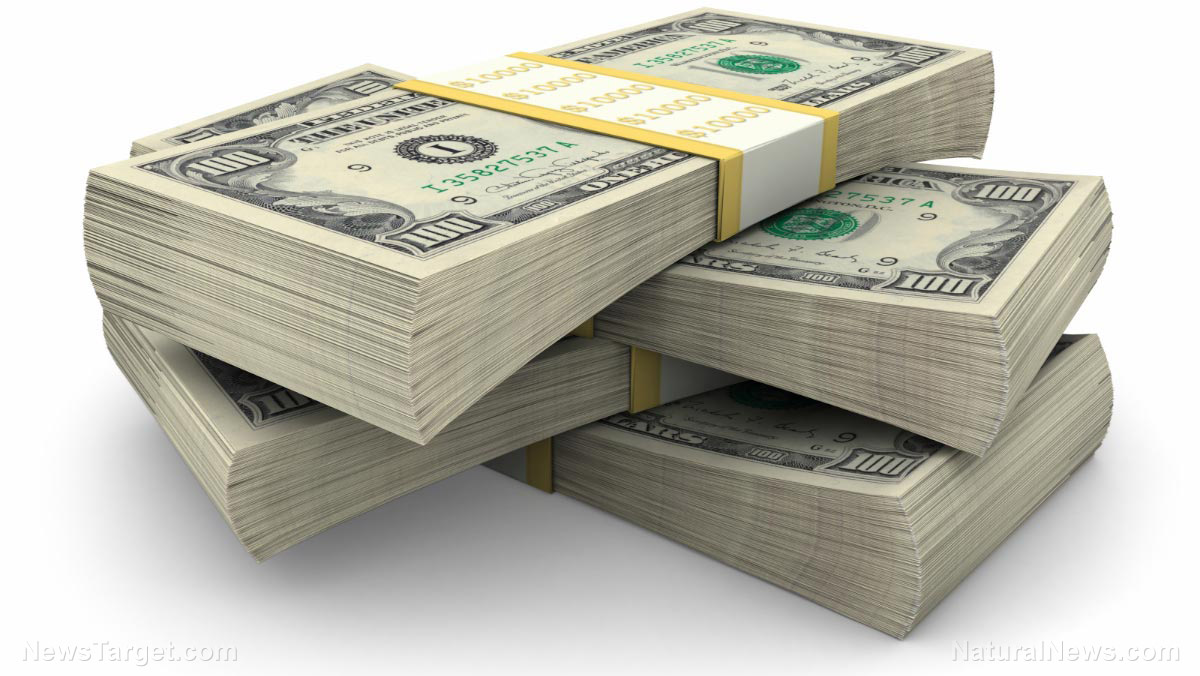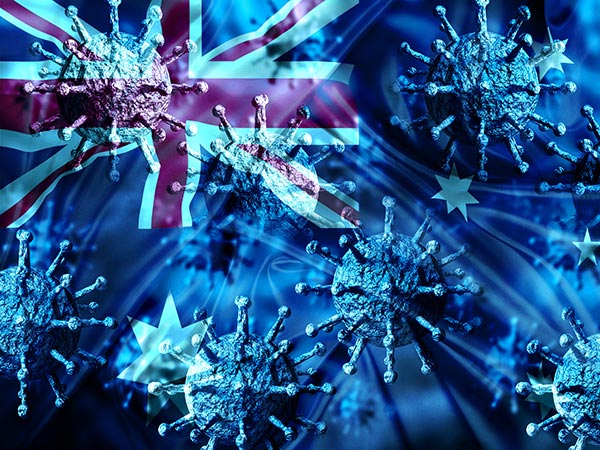
People who refuse to be vaccinated against the Wuhan coronavirus (COVID-19) in the Australian state of New South Wales (NSW) could be banned from pubs, restaurants and even their workplaces under a radical plan proposed by NSW Premier Gladys Berejiklian.
Berejiklian said she is considering implementing regulations that would prohibit residents who have not been vaccinated from entering certain "high-risk" venues. Government-run facilities such as police and fire stations could also be included under the plan while non-government venues would be encouraged to join.
"Clearly, opportunities to travel overseas or opportunities to enter certain workplaces or venues might be enhanced if you have the vaccine," she said in an interview with Australia's Daily Telegraph.
"Some of those decisions could be inspired by the government, (and) some of those decisions might be inspired by the organization themselves," she added.
The government will start rolling out the Pfizer jab next month and also has supply agreements in place for AstraZeneca and Novavax vaccines.
Regulations meant to "encourage" residents to get jabs
Vaccine rollout and policies in Australia are the domain of the federal and not the state government, but Berejiklian is actively encouraging residents across the state to be immunized.
According to Berejiklian, the proposed regulations in NSW are meant to encourage residents across the state to be immunized. Under the proposal, venues labeled as "high risk" would require proof of vaccination upon entry. Such places include hospitality businesses and government run-facilities like departmental buildings, police and fire stations and Service NSW shopfronts.
Some non-government organizations, including hospitality operators, may have a say in setting their own entry requirements.
"Workplaces might say: 'if you're coming into work, this is our preference, or this is what you [need to] do,'" Berejiklian suggested.
According to the premier, the government would have further discussions on the proposal in the coming weeks. She stated that while she doesn't want to force people to get vaccinated, there should be incentives for people to get the jab.
"The more people that are vaccinated, the greater likelihood we can have a return to normality as we know it," Berejiklian said on Jan. 18.
"I don't ever like to force people to do anything but there should be an incentive system."
The proposal comes after Berejiklian issued a plea on Sunday, Jan. 17, for NSW residents to lift testing numbers after the state recorded six new locally acquired infections from just 12,700 tests, down from 14,500 the day before.
The state government has previously suggested the possibility of easing restrictions in the Greater Sydney area. But one of the conditions for them to do so is high testing rates.
Australian federal government also considering mandatory immunizations
Berejiklian isn't the only Australian politician to suggest mandatory immunization regulations. Earlier this month, Prime Minister Scott Morrison raised the possibility that it could become a legal requirement for certain types of people to get vaccinated against COVID-19. (Related: Australia cancels COVID vaccine trial over 'unexpected' false positives for HIV.)
Morrison refused to say whether such a directive would apply to health care workers and nursing home residents.
However, the office of Federal Health Minister Greg Hunt denied that jabs would become mandatory in Australia. A spokesperson for Hunt stated that "vaccination in Australia will remain voluntary."
"We expect that Australians will be fully vaccinated by the end of October, on the basis of it’s free, it’s universal and it’s entirely voluntary," Hunt told reporters in December.
Follow Pandemic.news for more on how governments abroad are dealing with the Wuhan coronavirus.
Sources include:
Please contact us for more information.

